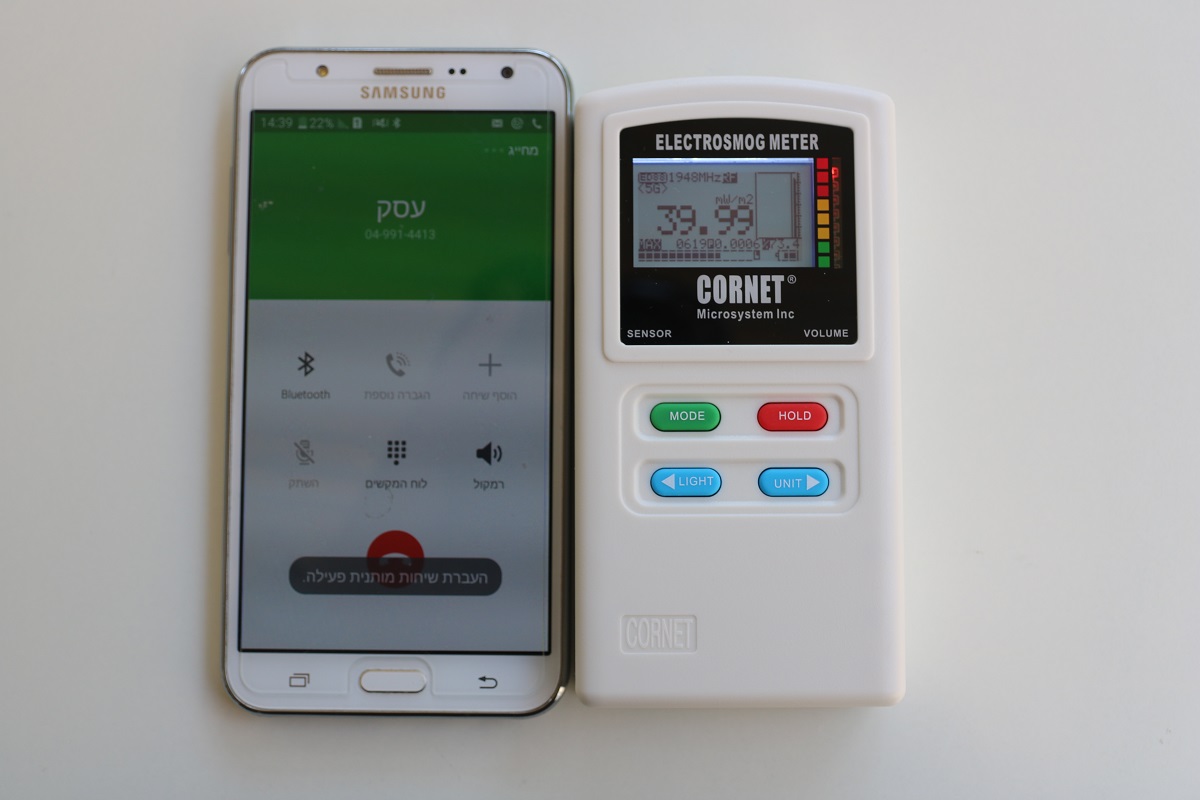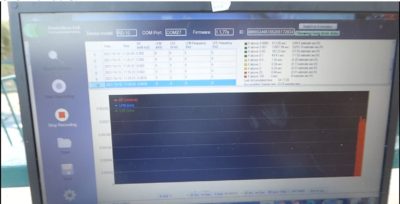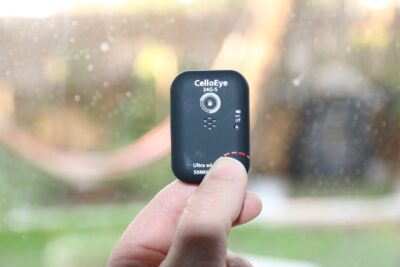This week I have started selling the new version of the CORNET ED88TPLUS, the “5G” version, which I would prefer if it was called “V3”.
Who should get one
If you still don’t have a CORNET ED88TPLUS meter, this might be the right moment to get one. As in older versions of the CORNET ED88TPLUS, it is a fast, informative, easy-to-use EMF meter for people who are aware of the possible risk of EMF exposure or for people who are already very sensitive to EMF exposure.
The new version offers:
1. “5G indication in RF mode, if radiation frequency is in one of the 5G windows/bands: n5=824-849MHz, n71=617-698MHz, n77=3300-4200MHz, n78=3300-3800MHz
2. Frequency meter can now measure up to 4.2GHz (in V2 was up to 2.7GHz).
3. Log screen can hold info for up to 50 hours, with measurement taking place every 3 minutes (and with an external power source).
4. RF Statistical view allows supper users to analyze the RF measurement of the last 0.5 seconds.
Video
Video – https://youtu.be/xOYnnLev6jM
https://youtu.be/xOYnnLev6jM
Order from
Order from – https://www.4ehsbyehs.com/product/cornet-ed88tplus-5g/




Why is it called 5G?
The 5g goes up to 90-100ghz no?
No 5G is not going to be 90-100GHz.
Currently 5G in cellular main bands are up to 3600GHz.
If the frequency meter in RF mode picked up one of the bands that are used for 5G in cellular in the USA, the meter will mark “=5G=” on the screen.
In some test cities in the USA, there is RF transmissions from cell towers and phones, that are in the higher frequency millimeter waves band of 5G, which are 24GHz, 28GHz, and 36GHz.
This meter does not cover millimeter waves of 5G.
Will this measure in the RF range of 1mhz to 500mhz? Like for radios, both stationary, mobile and handheld?
It will detect and measure from about 100MHz up to 8GHz.
Thanks
amirb